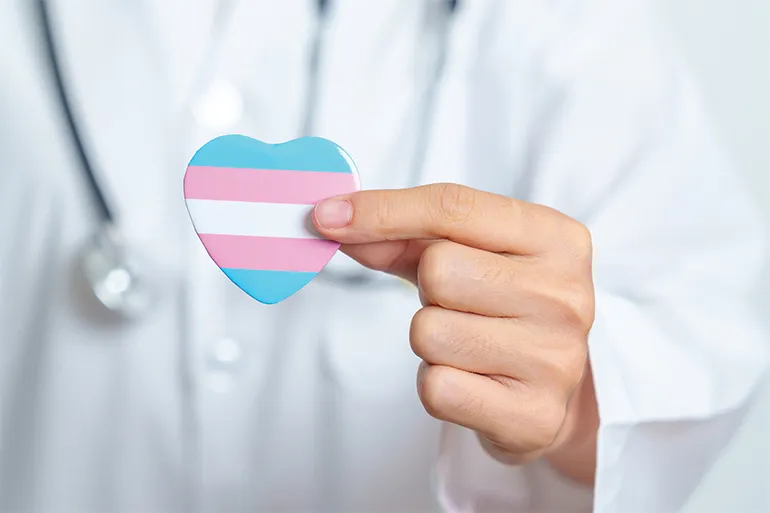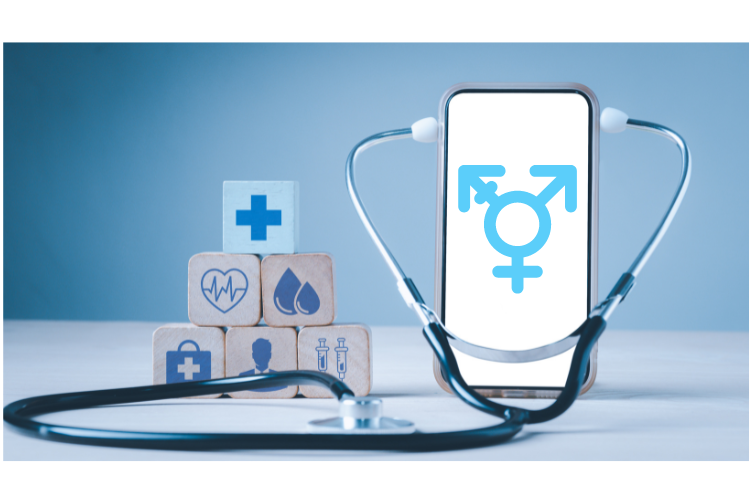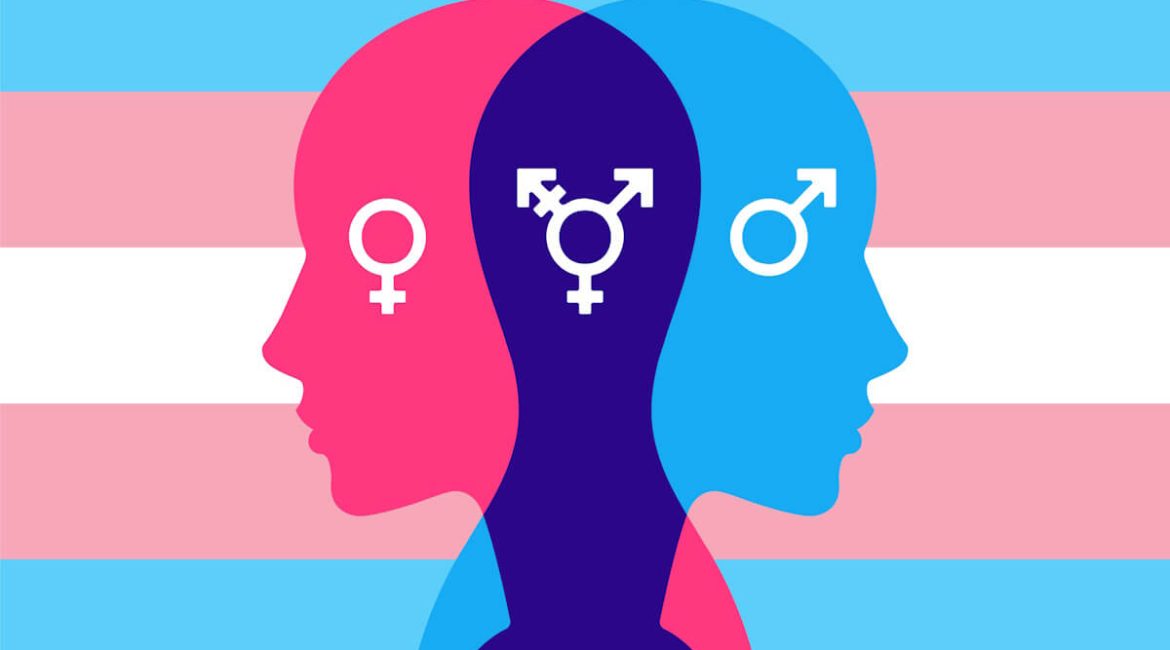Transgender people have a higher risk of chronic disease compared to their straight gender peers, according to a recent study. These reasons can be both physical and emotional. Social rejection and discrimination also have a notable impact in this. Experts identify the following diseases: cardiovascular conditions, neurological ailments, psychological problems, drug addiction, long-term respiratory conditions, anemia, hepatic disorders, renal insufficiency, rheumatoid arthritis, oncological diseases, HIV, peptic ulcer.
Researchers suggest that transgender individuals face an elevated likelihood of developing cardiovascular conditions attributed to what’s known as “minority stress.” Prior to transitioning, many individuals may grapple with gender dysphoria, a discomfort stemming from incongruence between their gender identity and the sex assigned to them at birth. Inadequate support and treatment for gender dysphoria can potentially result in significant emotional turmoil and psychological challenges.
Medical risks and challenges for transgender people: differences between men and women

Transgender women have an increased risk of thromboembolism, stroke, and meningioma compared to cisgender men and women. Trans women are also more likely to develop breast cancer, and women over 50 have an increased risk of fractures. In addition, trans women are at risk for HIV infection.
Transgender males face a higher likelihood of suffering from heart attacks and bone fractures. Moreover, transgender individuals might encounter surgical complications, bleeding, infections, or adverse reactions during gender dysphoria correction procedures. Owing to concerns about bias in healthcare environments, numerous transgender individuals refrain from seeking medical attention, often resulting in advanced stages of illness. Experts stress the importance of tailored medical support for transgender individuals, devoid of prejudice and bias.
Challenges in obtaining medical care: the encounters of transgender individuals

Transgender people often face a number of challenges in the medical field due to a lack of understanding and support. One of the main problems is discrimination in medical institutions, which can lead to undesirable consequences, such as denial of medical care or unacceptable treatment by medical personnel. Transgender people may also experience difficulty obtaining adequate support and advice regarding issues related to their health and gender transition. Moreover, many health care providers lack sufficient experience or knowledge in transgender medicine, resulting in insufficient or inadequate care. All of these problems are exacerbated by stigma and misunderstanding of transgender identity in society, which leaves many transgender people without the necessary medical support and care.
In addition to the above-mentioned issues, transgender people may also face complications when obtaining health insurance due to insufficient coverage for the procedures and medications needed for their medical transition. In addition, they often experience a lack of specific clinical protocols or standards for caring for transgender patients, which can lead to unequal access to health care services and undeserving of their unique needs. All of these factors significantly impede transgender people’s access to quality and equitable health care, as well as impact their overall physical and psychological well-being.

